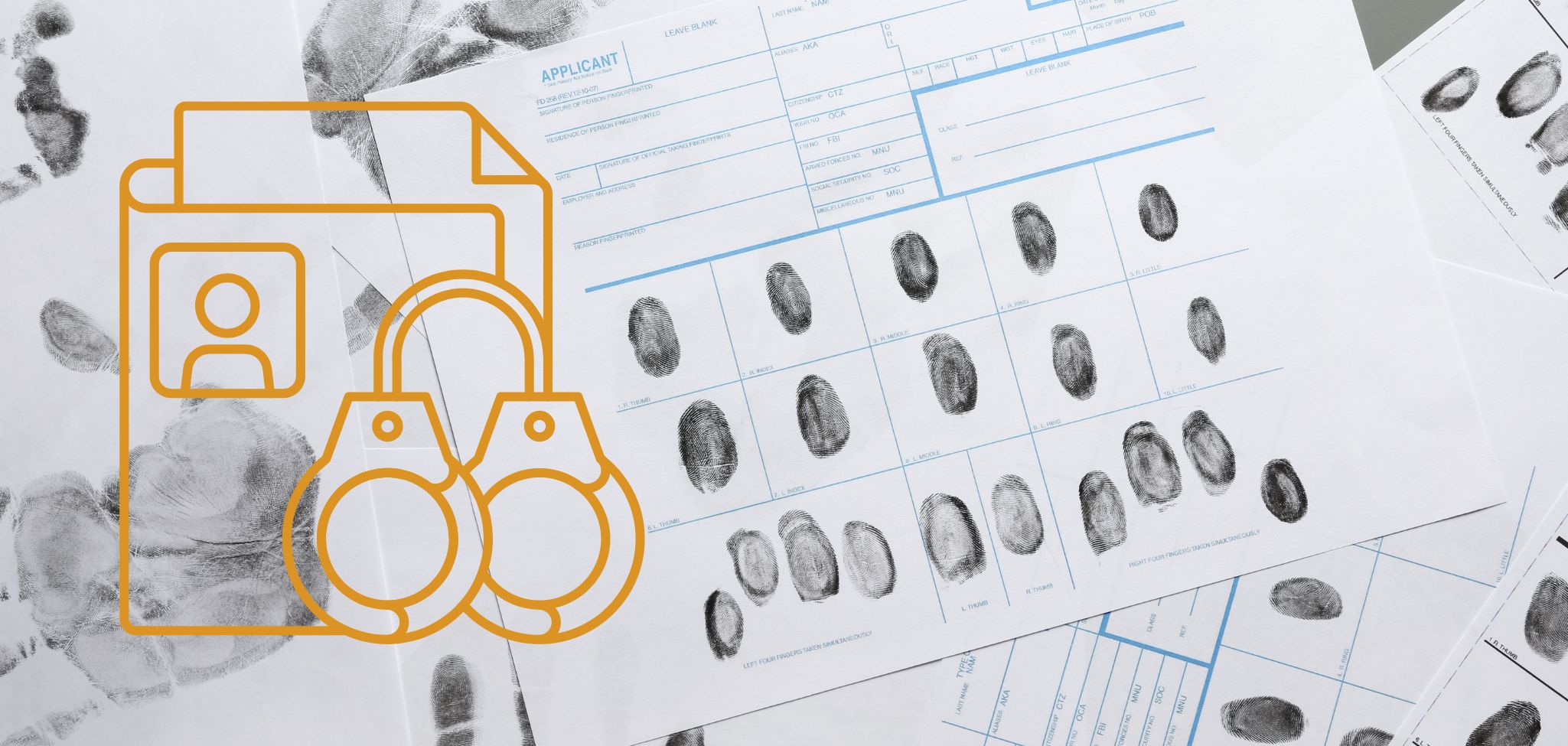Types of Criminal Offence categories:
In criminal law, there are two types of criminal charges or criminal offences. Summary offences which have a maximum penalty prescribed by parliament of up to 2 years imprisonment, and indictable offences.
The maximum penalties for all prescribed criminal charges are set out in the Crimes Act 1900 No 40.
Summary Offence
These are offences which are considered less serious. The Summary Offences Act 1988 NSW sets out the offences that are considered summary in the criminal justice system, and the penalty for each offence. These include:
Offensive Behaviour:
- Offensive conduct
- Offensive language
- Obscene exposure
- Obstructing traffic
- Unauthorised entry of vehicle or boat
- Damaging fountains
- Damaging or desecrating protected places
- Climbing on or jumping from buildings and other structures
- Continuation of intoxicated and disorderly behaviour following move on direction
- Possession of liquor by minors
- Violent disorder resulting in Apprehended Violence Orders (AVOs)
Dangerous Behaviour:
- custody or use of knives and offensive implements
- custody or use of laser pointers
- Loitering by convicted child sexual offenders
- Intimidatory use of vehicles and vessels
- Prostitution
- Minors in sex clubs
- Unauthorised Public Assemblies
- Hunting on private land
Indictable Offence
Indictable offences are the more serious charges that are generally penalised by incarceration; that is, the maximum penalty is imprisonment although you will not necessarily be sentenced to imprisonment.
The following criminal offences are brought under the Crimes Act NSW 1900:
Offence against a person
- Homicide, such as murder and manslaughter
- Conspiracy to murder
- Attempts to murder
- Documents containing threats
- Domestic violence
- Suicide
- Acts causing danger to life or bodily harm
- Possessing or making explosive etc with intent to injury the person
- Assaults (assault charges)
- Assaults and other actions against police and other law enforcement officers
- Assaults etc at schools (assault charges)
- Common assaults (assault charges)
- Sexual Offences against adults and children, such as indecent assault, sex offences, sexual touching, sexual act, sexual assault with intent to have intercourse (without actually doing so), persistent sexual abuse of a child, procuring or grooming child under 16 for unlawful sexual activity
- Misconduct with regard to corpses
- Termination of pregnancy performed by unqualified person
- Concealment of birth of a child
- Kidnapping
- Procuring for prostitution
- Child prostitution
- Child abuse material
- Voyeurism and related offences
- Record intimate image without consent
- Distribute intimate image without consent
- Threaten to record or distribute intimate image
- Bigamy
Offence relating to Public Order
- Riot and affray
- Explosives and firearms offences including possession, supply, firing and trespassing with use
- Contamination of goods, including threatening to contaminate with intent to cause public alarm or economic loss
- Bomb and other hoaxes
- Criminal Groups
- Unlawful gambling
- Consorting
- Public Threats or indictment of violence
- Fraud, including intention to defraud or deceive
- Identity Offences
- Money Laundering
- Cheating at Gambling
- Commonwealth offences
- Criminal Destruction and Damage
- Destroying or damaging property, including threatening to destroy or damage property, and destroying or damaging property with the intent to injure person
- Interfering with a mine
- Causing damage etc to sea, river, canal and other works
- Sabotage
- Threaten to sabotage
- Bushfires
- Offences relating to transport services
- Offences relating to aircraft, vessels etc
- Offences relating to railways etc
- Corruptly receiving commission and other corrupt practices
- Blackmail
- Forgery
- False and misleading information
- Computer offences
- Offences relating to escape from lawful custody
- Terrorism
- Public justice offences
- Interfering with the administration of justice
- Interference with judicial officers, witnesses, jurors etc
- Perjury, false statement etc
- Attempts
- Abettors and Accessories – that is people who assist someone to commit a crime or are in any way involved before or after the crime is committed, including harbouring someone who has committed an offences.

 (02) 8806 0866
(02) 8806 0866





